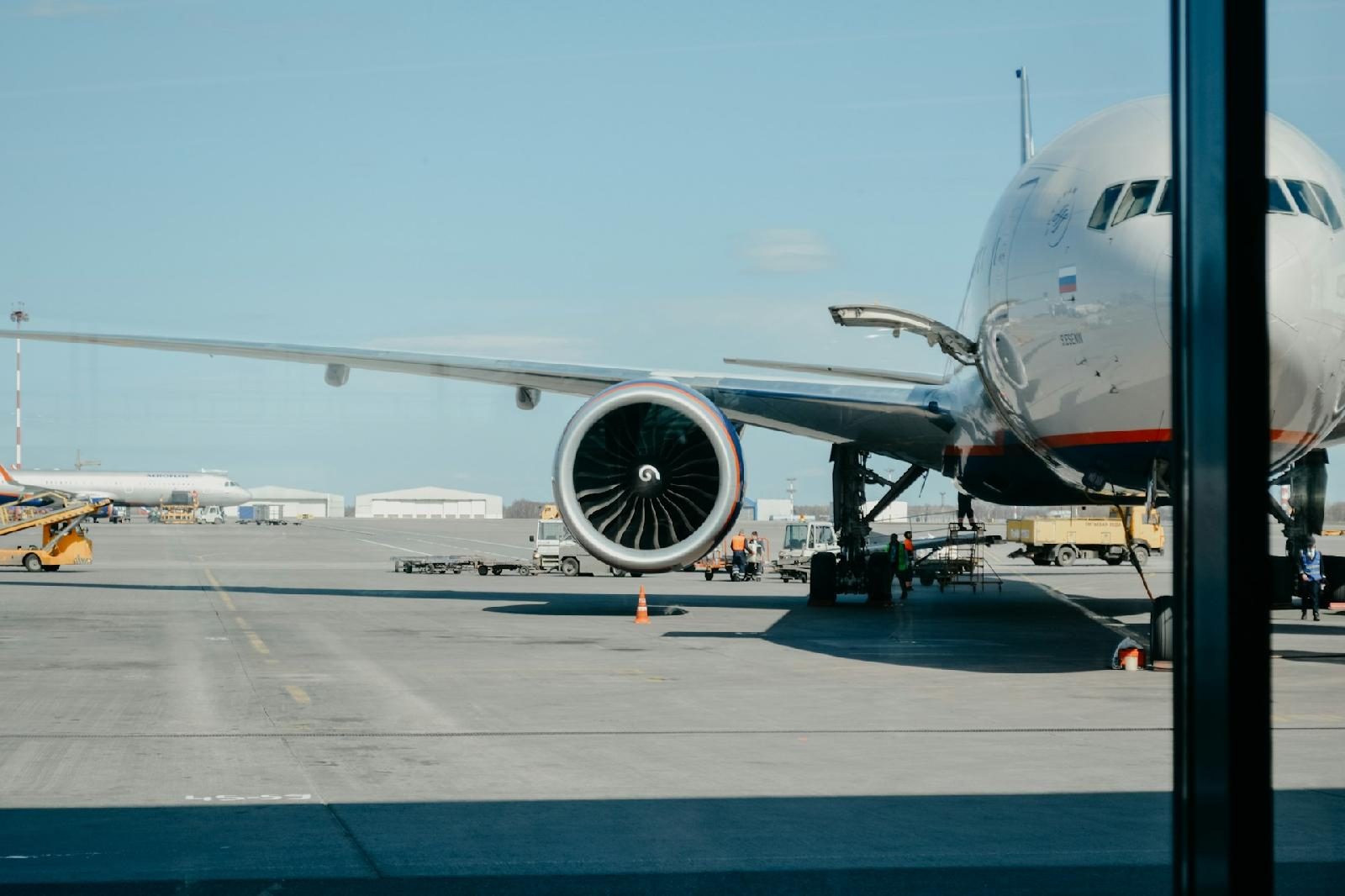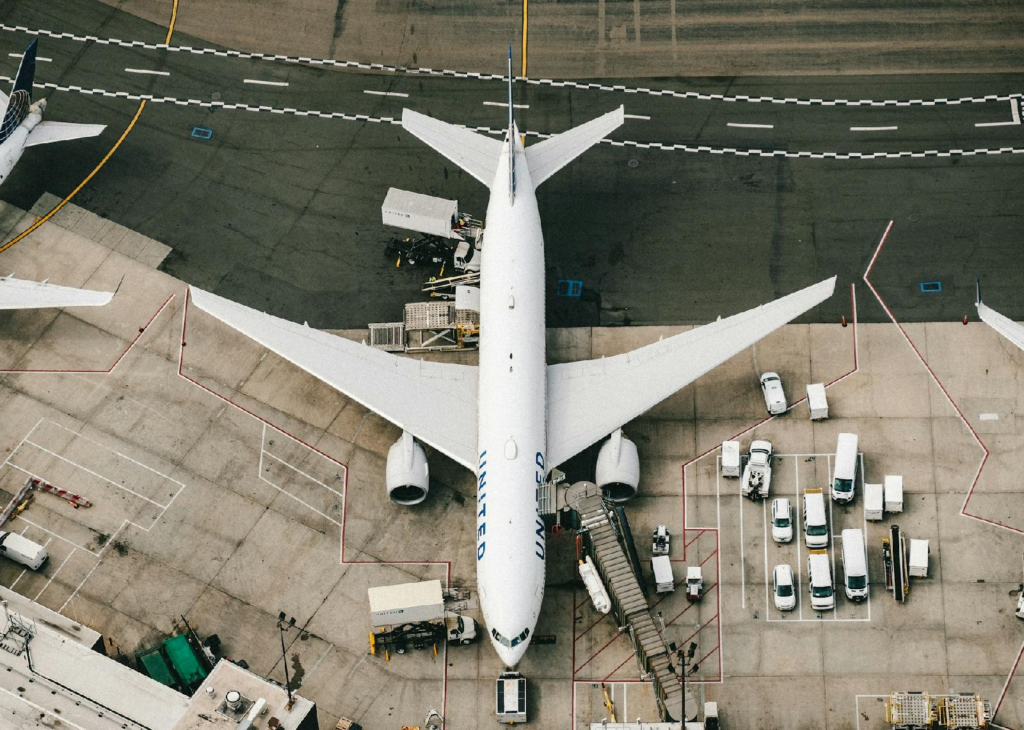For over 50 years, the phenomenon of globalisation has been accelerating, shortening distances and turning the planet into a village. This intensification, this multiplication of exchanges of all kinds – from data to goods to people – is fuelled by a whole series of factors. These factors intervene and are activated on a daily basis in all areas of human activity, with major impacts on different scales, including in traditional industries such as transport and more particularly aviation. To take a closer look at these different factors and their consequences, we will use the example of recent developments at the international company Aviapartner, based in Belgium.
Air Transport and Globalisation: Key Factors in the Sector’s Development
As with all facets of the global economy, the effects of globalisation on traditional industries today are being felt through a combination of factors. And read more about recent developments in the aviation industry means looking at two of them in particular: the adoption of new technologies and the intensification of international competition.
It is the combination of these two phenomena that has led to a major change in the landscape of this sector in recent years. The advent of new information and communication technologies, and in particular high-performance network infrastructures, has led to the emergence of new players.
This new competition has pushed each of them to improve their offering and invest even more in new technologies, the keystone of technical and economic optimisation: serving customers better and at lower cost.
Finally, it has triggered strong movements, between mergers and business combinations in an increasingly concentrated market, to capitalise on the strengths of each player.

The Major Impacts of Globalisation in the Air Transport Industry
Aviapartner, a Belgian operator providing services to airlines and airports worldwide, has taken a very practical approach to this period of change, proposing more efficient solutions and integrating them into its offering. More recently, it has expanded into South Africa, going beyond the original boundaries of European airports.
The result has been an overall improvement in its services, both for passengers and for traffic and ramp operations.
Whether it’s reservations and ticketing management, check-in services, boarding assistance in all its forms or lost and found baggage, the continuous improvement has been visible. For aircraft, more directly, it is the loading and unloading, cleaning and de-icing services, as well as passenger and crew ground transportation, among many other elements, that have gained in performance over time.
All these transformations, synonymous with greater operational efficiency, have made it possible to win new markets and have generated unprecedented regional economic development where they have taken place. The immediate and expected repercussions have been on local employment and practices: new jobs have been created, of course, but also the implementation of improved processes to validate the reality of the company’s expansion and its high-performance methods.
A new stage in a market and an industry that embody the very essence of globalisation: bringing people closer together and reducing distances by the most modern and efficient means.

